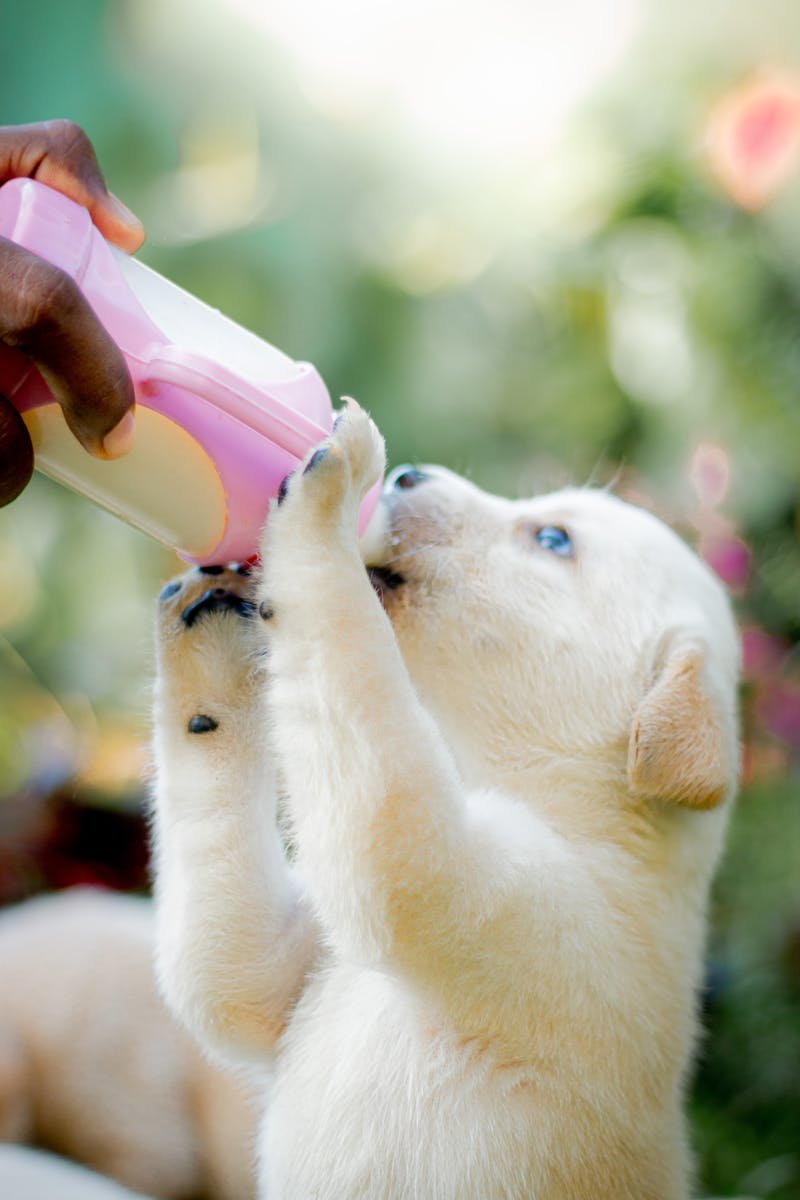Nutrition Advice Near Exploring the Connection Between Diet and Behavioral Issues in Pets
Discover Essential Nutrition Advice: Exploring the Connection Between Diet and Behavioral Issues in Pets to Improve Your Furry Friends’ Well-Being and Happiness Through Proper Nutrition Advice
Nutrition Advice Near You: Exploring the Connection Between Diet and Behavioral Issues in Pets
Ever wonder if your pet’s zoomies, anxiety, or stubborn behavior could be linked to what’s in their food bowl? You’re not alone. More and more pet parents are discovering that nutrition doesn’t just affect physical health—it plays a huge role in behavior, too.
At FetchQuest.info, we’ve dug deep into the connection between diet and pet behavior, and what we found might surprise you. If your dog is suddenly more reactive, or your cat’s acting anxious or irritable, it might not just be a “bad day”—it could be their food.
Let’s explore how what your pet eats could be affecting how they act, and what you can do to help bring out their best behavior.
Can Food Really Affect Behavior?
The short answer: yes. Just like in humans, the nutrients (or lack thereof) in your pet’s diet can influence their mood, energy levels, focus, and even how they respond to training.
A pet that’s not getting the right balance of proteins, fats, vitamins, and minerals may struggle to regulate their emotions or energy. And if they’re experiencing discomfort—like bloating, itchiness, or food sensitivities—they may act out as a way of coping.
Signs Your Pet’s Behavior Might Be Diet-Related
Not every behavior issue is linked to food, but there are some common signs that nutrition could be a contributing factor:
-
Sudden hyperactivity or lethargy
-
Difficulty focusing during training
-
Increased anxiety or reactivity
-
Compulsive behaviors like tail-chasing or over-grooming
-
Food aggression or intense guarding
-
Irritability or unpredictable mood swings
-
Changes in sleep patterns or restlessness
If any of these sound familiar, it might be worth taking a closer look at what your pet is eating.
Key Nutritional Factors That Impact Behavior
Here’s a breakdown of what to watch for in your pet’s diet—and how it could be influencing their mood and actions:
1. Protein Quality and Quantity
-
Poor-quality protein or too much/too little can lead to behavioral imbalances.
-
High-protein diets may increase aggression or anxiety in some dogs, especially if not balanced with other nutrients.
-
On the flip side, low protein can cause lethargy and poor focus.
2. Carbohydrate Sources
-
Highly processed carbs and fillers (like corn, soy, or wheat) can lead to energy spikes and crashes.
-
Whole grains and slow-digesting carbs help maintain steady energy and mood.
3. Food Additives and Artificial Ingredients
-
Dyes, preservatives, and synthetic flavors can cause hyperactivity or allergic reactions.
-
Some pets are sensitive to specific additives that trigger behavior changes.
4. Essential Fatty Acids (Omega-3s & Omega-6s)
-
These support brain function and emotional regulation.
-
A deficiency can lead to irritability, anxiety, or poor cognitive function.
5. Gut Health (Probiotics and Fiber)
-
A healthy gut can mean a more emotionally balanced pet.
-
The gut-brain connection is real—imbalanced microbiomes have been linked to stress, fear, and aggression.
What You Can Do to Help
The good news? Small dietary changes can often lead to big improvements. Here’s where to start:
-
Read the ingredients list – Choose foods with whole, recognizable ingredients.
-
Avoid artificial additives – Ditch the dyes, chemical preservatives, and fillers.
-
Try a limited-ingredient or hypoallergenic diet – If you suspect sensitivities, this can help pinpoint the problem.
-
Support gut health – Add probiotics or fermented foods to encourage balance.
-
Work with your vet or a pet nutritionist – Especially for ongoing or severe behavior issues.
And of course, for trustworthy guidance and product reviews, head over to FetchQuest.info. We’ve got a full library of nutrition tips, feeding plans, and behavior-supporting foods to help you personalize your pet’s diet.
Final Thoughts
Behavioral problems in pets are rarely caused by just one thing—but diet is often a piece of the puzzle that’s overlooked. Whether it’s a sudden case of the zoomies, unexplained aggression, or persistent anxiety, a food review might uncover the solution you’ve been looking for.
Remember: a healthy pet isn’t just about what they do—it’s also about how they feel. And sometimes, feeling better starts with eating better.
Explore more expert-backed insights at FetchQuest.info—because good behavior begins in the bowl.
Keywords: Nutrition advice, pet diet, behavioral issues, nutrition for pets, diet impact on behavior, pet health tips, food and mood, pet nutrition advice, dietary influence on pets, behavior and diet connection, healthy pet diet, nutrition advice for pets, exploring pet behavior, food choices for pets, nutrition and behavior.
news via inbox
Nulla turp dis cursus. Integer liberos euismod pretium faucibua





